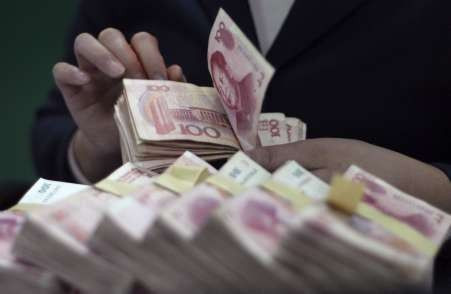China Tax Reform: Government Approves Increase On SOEs

China’s State Council has approved tax reforms that will make state-owned enterprises and the wealthy pay more in an effort to address the growing divide between the rich and poor.
The government's 35-point income distribution plan aims to tackle the increasingly troublesome wealth gap. Maintaining stability is of utmost importance to the regime, and as China’s wealthy become exponentially richer, mass discontent is a growing threat.
According to Reuters, the plan will raise minimum wages for at least 40 percent of workers, boost spending on public education and allocate more money to developing affordable housing.
There also is a push to hike interest rates as an incentive for people to start saving. Interest rates on saving deposits have had low returns, leading people to turn to riskier investments.
The package was largely approved months ago but was stalled by debates over scaling back the rising salaries of government officials and benefits for officials working for state-owned businesses like banks.
An agreement has been reached, and one of the biggest reforms will be a 5 percent rise in profits contributed by state-owned entities to the government by 2015. In general, SOEs kick only a small percentage of their profits back to the state, drawing criticism from those in the private sector who do not get the same benefits and support. The government hopes the increased returns from SOEs will be a major revenue source to fund pensions, public health insurance, and other social benefits for citizens.
Previous efforts to establish an income tax system have proven extremely difficult for the government due to the off-the-books wealth that many of the rich hoard. Government and party officials are some of the biggest offenders.
These new measures all point toward China’s new leadership mantra of sustainable, quality growth.
“The fundamental role played by consumption in bolstering economic growth needs to be strengthened,” Zhang Ping of the National Development and Reform Commission said in December.
While tackling the gap between the rich and the poor, the new policies will also shift the direction of China’s economy. After 30 years of rapid growth, China is at a turning point in its development, which will require structural reforms for a market-based economy, which is reflected in the new policies. The government is now encouraging more domestic consumption over its current heavy reliance on investment spending.
© Copyright IBTimes 2024. All rights reserved.






















